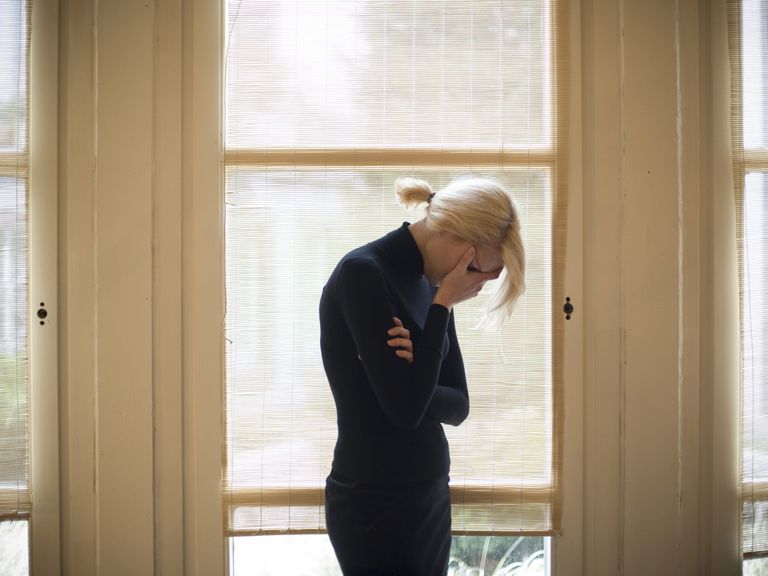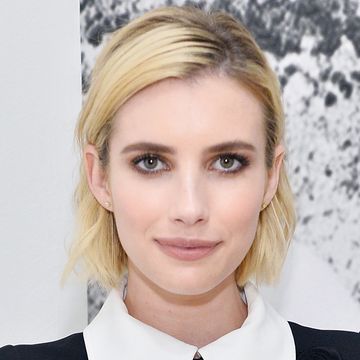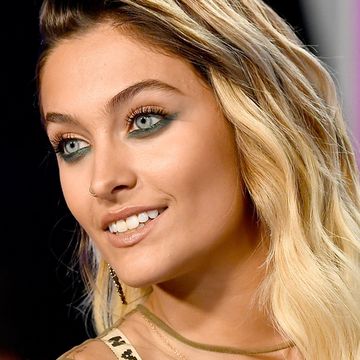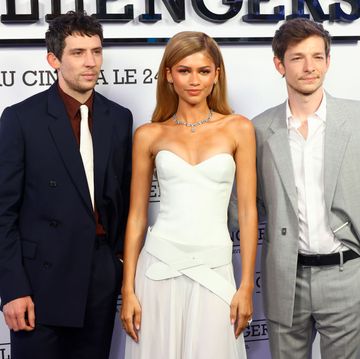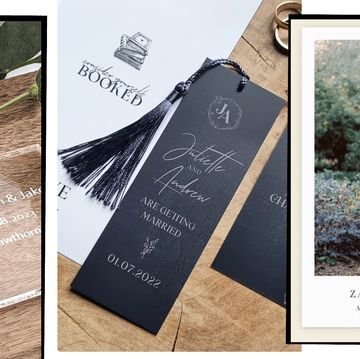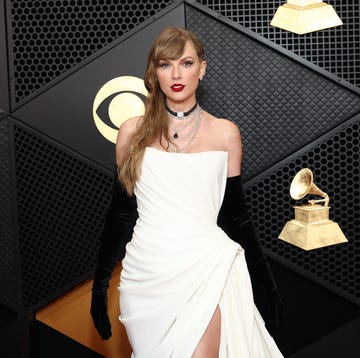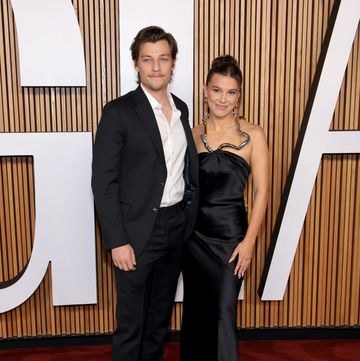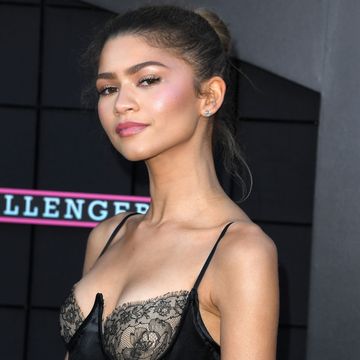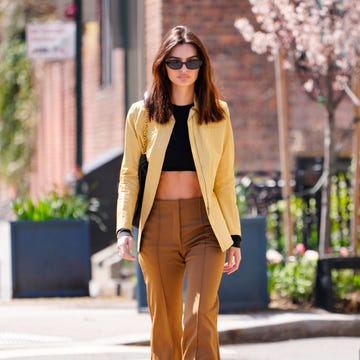We all know at least one person who has been diagnosed with breast cancer. Whether it's a parent, sister, cousin, colleague or friend, it's a debilitating illness that sadly occurs all too often.
Breast Cancer Care now estimates that 62,000 women are diagnosed each year in the UK, with one in eight women thought to develop the disease in their lifetime.
Only 2,100 women are diagnosed with breast cancer aged 39 or under, which accounts for just four per cent of all breast cancer cases - a statistic that is of little consolation to Laura Hunter.
At just 24-years-old, she learned she had invasive ductal carcinoma - a common form of breast cancer representing 80 per cent of all diagnoses.
Following a 12-month trip backpacking around the world, in the summer of 2015 Laura was planning to travel to New Zealand that September when she came across a lump in her right breast.
We caught up with Laura to find out more about her experience of being diagnosed with breast cancer in your twenties, how it affects your family, friends and sexual relationships, and her fertility prospects.
In Laura's Own Words...
I found it when I was lying down in bed. I'd always made a conscious effort of checking my boobs for lumps ever since my sister, Kayleigh, had a benign tumour removed the year before. I'd often come across lumps and bumps, but this felt hard - it wasn't squidgy or soft - it was almost like a little ball or a bead. I knew it wasn't normal.
I called my Mum into the room to have a look as she's a nurse and she immediately booked me in for a late-night GP appointment.
Six days after my biopsy, I was diagnosed with breast cancer. I didn't feel scared, just numb. You go into automatic mode and think 'well, there's nothing I can do about it'. I was most worried about telling my friends and family, and cried with my Mum when we found out.
Having the chemotherapy administered was the easy part for me, but the after effects resulted in several critical hospitalisations. I started in October 2015 and went to the young person's unit in Birmingham - a three-hour journey from my house - every week.
The doctors give you steroids beforehand and antihistamines in case you suffer a reaction. It's not relaxing, but you don't really feel anything, either. My immune system became incredibly weak very quickly, and I soon developed tonsillitis and mouth ulcers because I didn't have any white blood cells to recover.
I had a handful of friends that were brilliant; sending care packages, asking me if I needed anything, taking me to appointments. Others who weren't so great, but I had to respect that some people have their own things going on in life, so not everyone can be there for you.
When it came to close friends, I told them I wanted to know everything happening in their lives - even the mundane - and not to treat me any differently. They still invited me to everything but I often ended up cancelling as I'd be ill or have a last-minute appointment. They were incredibly patient with me.
My hair began falling out about 10 to 12 days after my first chemo session. I was in the hospital and noticed clumps coming away. Every morning I'd wake up and worry I'd lost my hair during the night. It sounds dramatic, because I knew I wouldn't lose it all over night, but I couldn't shake the worry of waking up bald.
Eventually I shaved it all off. I looked more ill with patches on top of my head and bits falling out. I felt better and could finally wear nice headgear to cover it up.
At the time I did get angry at people nitpicking about their looks. It was probably because I was jealous, more than annoyed. If someone has beautiful long blonde hair and you're really missing yours, you're pleased for them but also feel pretty envious. .
People did push my buttons but I had to realise that, at the end of the day, I was facing cancer and my hair would eventually come back.
But I was self-conscious, too. So much changes when you have chemo, in terms of your body and appearance. At the time, I felt quite unattractive and masculine. Two years later, I struggle with my breasts. If I'm honest, I don't like them – they've changed shape due to the radiotherapy and are still changing with the after-effects. As my skin has lost its elasticity, they shrink and stretch a lot.
I did start dating my boyfriend whilst receiving chemotherapy and began to feel much more comfortable with my looks. We were already friends but he reached out to me during that time and we became really close.
I was isolated in a room for 10 days at a time and wasn't allowed to see many visitors. It was lonely but Perry would call me and keep me company before bedtime and never failed to cheer me up. I used to forget for a moment where I was.
I was anxious to show him my bald head, but when I did, he was very calm and told me not to ever be afraid of how I looked around him. In mid-January he shaved his hair off so we could be baldies together. Ten days before my third chemo session Perry drove me two hours to chop down a Christmas tree because I had always wanted to choose my own. He's been a massive lifeline and motivation for me throughout my diagnosis.
One day I think I will learn to like my boobs again. I had the option of a mastectomy, but I was able to have a lumpectomy [surgery to remove cancer or other abnormal tissue from your breast], so I am very grateful for that.
Fertility wise, I'm still in the dark. The doctors initially told me they weren't sure my fertility would come back, but due to my age they've now said I've got a better chance than someone in their 40s.
I have the option of testing my hormone levels to see if I'm showing signs of being fertile, but until I really need to start thinking about having a family I don't want to worry about it.
I've finished 'active treatment' (the chemo, radiotherapy and Herceptin hormone therapy) so I'm now taking hormone treatment for the next 10 years which blocks oestrogen affecting any potential cell growth, which ultimately sends me into false menopause.
How has cancer changed me? I definitely appreciate the smaller things. Before cancer, I would think too far ahead but now I try not to worry about things out of my control. It sounds really cliché but I take each day as it comes and make the most of everything.
Read more about Laura's treatment on her blog. You can also donate to her JustGiving page to help her raise money for the Breast Cancer Care London Fashion Show in association with Comfort on 28 September.
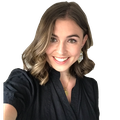
Katie O'Malley is the Site Director on ELLE UK. On a daily basis you’ll find Katie managing all digital workflow, editing site, video and newsletter content, liaising with commercial and sales teams on new partnerships and deals (eg Nike, Tiffany & Co., Cartier etc), implementing new digital strategies and compiling in-depth data traffic, SEO and ecomm reports. In addition to appearing on the radio and on TV, as well as interviewing everyone from Oprah Winfrey to Rishi Sunak PM, Katie enjoys writing about lifestyle, culture, wellness, fitness, fashion, and more.
